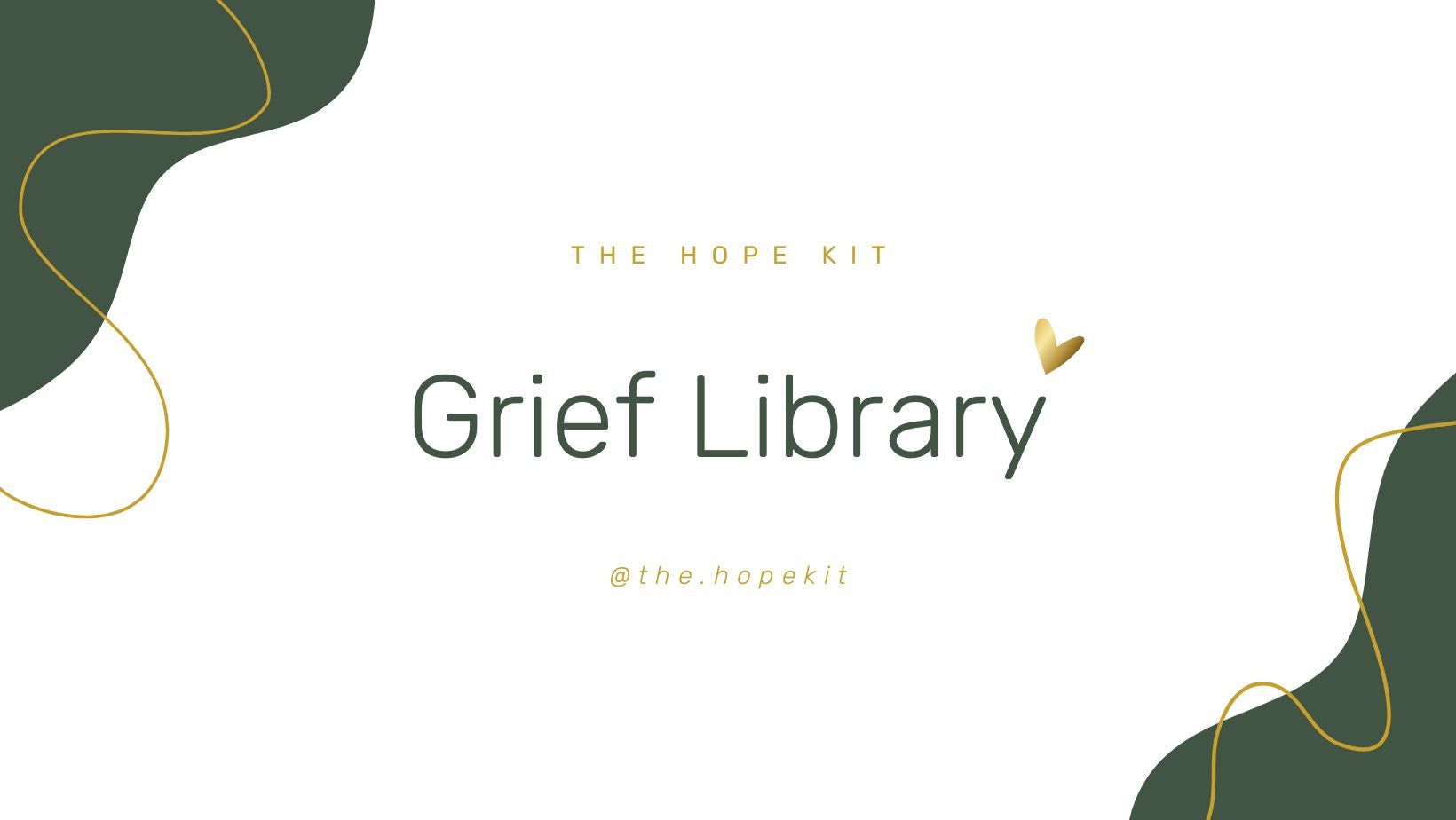Losing a spouse can be one of the most challenging experiences anyone can face. The death of a loved one can impact every aspect of a person's life and leave them struggling to cope physically, emotionally, spiritually, and socially. The grief and loss that accompany widowhood are complicated and unique, and each person's journey is different.
According to statistics, over 11 million people in the United States have experienced widowhood, and the number continues to grow each year. Widows and widowers are faced with various challenges that can make it challenging to move forward, including financial insecurity, physical health problems, and emotional distress.
In this article, we'll explore the various challenges that widows and widowers face, using real-life examples to illustrate how difficult it is physically, emotionally, spiritually, and socially. We'll also discuss coping strategies and resources that can help widows and widowers manage their grief and find a sense of purpose after loss.
Section 1: Physical and Financial Challenges of Widowhood
The physical and financial challenges of grief and loss can take a significant toll on the body and one's financial security. Many widows and widowers struggle with sleep deprivation, poor nutrition, and lack of exercise, which can lead to a weakened immune system, weight loss or gain, and increased risk of chronic diseases. Additionally, the loss of a spouse can often result in financial insecurity, particularly if the surviving spouse relied on their partner's income.
For example, Jane lost her husband suddenly to a heart attack and found it challenging to take care of herself. She lost weight, had trouble sleeping, and felt weak and tired all the time. Simple tasks like grocery shopping and cooking seemed overwhelming, and she often skipped meals. Eventually, she developed high blood pressure and struggled with diabetes, adding to her physical challenges. On top of that, she had to learn how to manage the household finances on her own, which added to her stress and anxiety.
Section 2: Emotional Challenges of Widowhood
The emotional rollercoaster of grief can be overwhelming and exhausting for widows and widowers. They often experience a range of emotions such as anger, guilt, depression, and anxiety. They may also struggle to adapt to a new identity as a widow or widower, and grief can affect their relationships with family and friends.
For instance, Tom's wife passed away after a long battle with cancer, and he struggled with feelings of guilt and regret. He wondered if he could have done more to save her, or if he missed any signs of her illness. He also felt isolated from his friends, who didn't know how to support him. He withdrew from social activities and felt a sense of emptiness that he couldn't shake.
Section 3: Spiritual Challenges of Widowhood
The loss of a spouse can cause spiritual questioning and leave widows and widowers searching for meaning and purpose in their lives. They may struggle to find comfort in their religious or cultural beliefs, and they may feel angry, resentful, or disillusioned. Maria's husband died suddenly in a car accident, and she struggled to find solace in her Catholic faith after the loss. She questioned why God would allow such a tragedy to happen and felt angry and resentful. Eventually, she found solace in a support group at her church and started attending Mass regularly, finding comfort in the community and shared experiences.
Section 4: Social Challenges of Widowhood
Widows and widowers often experience social isolation after the loss of their spouse. They may feel disconnected from their social networks and struggle to find support from friends and family. Dating and forming new relationships after loss can also be challenging.
David's wife passed away after a long battle with Alzheimer's disease, and he found it challenging to connect with friends who had never experienced a similar loss. He felt like they couldn't understand what he was going through and often avoided social situations altogether. He also struggled with the idea of dating again, feeling guilty about moving on from his late wife.




